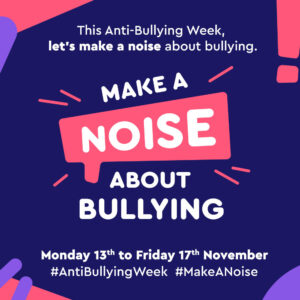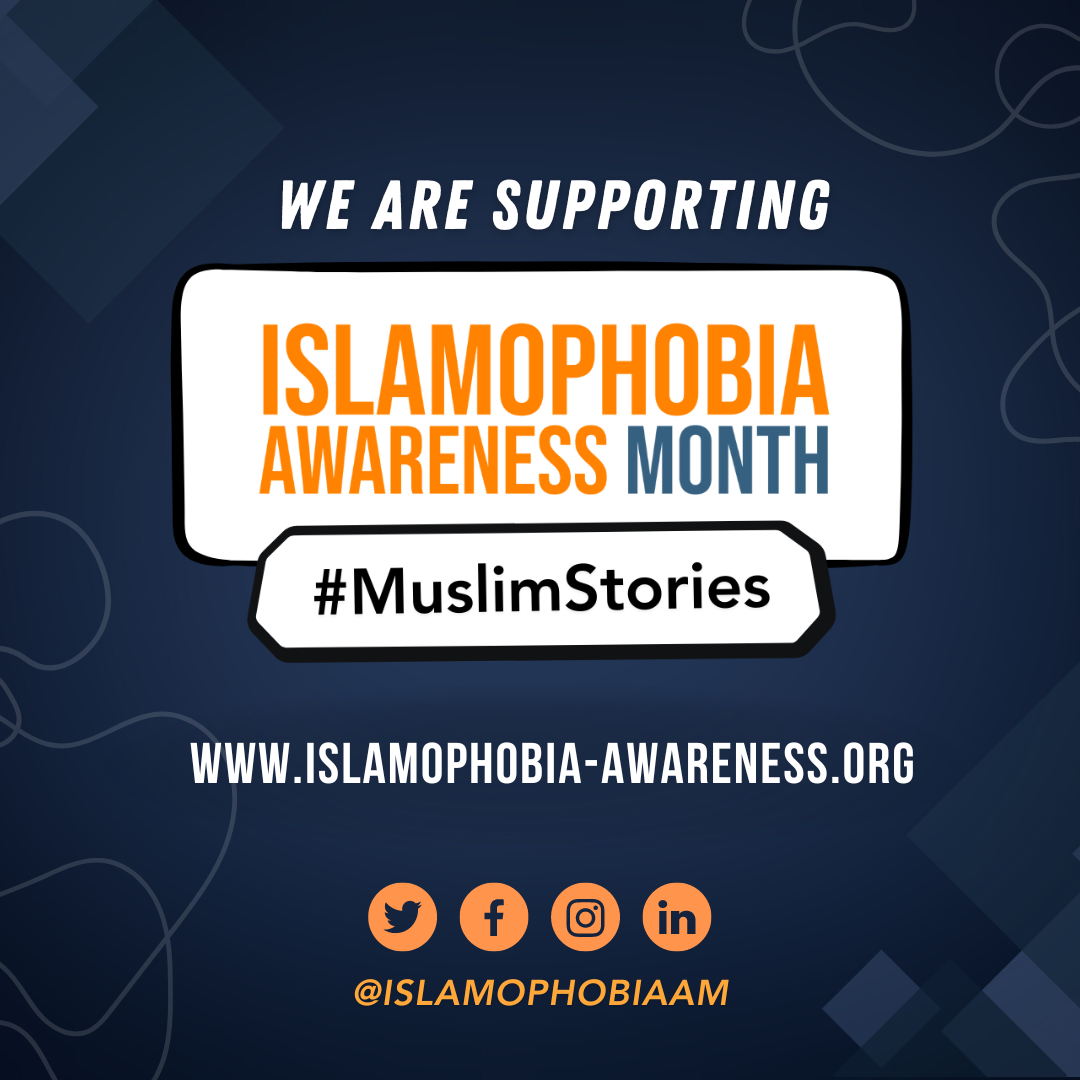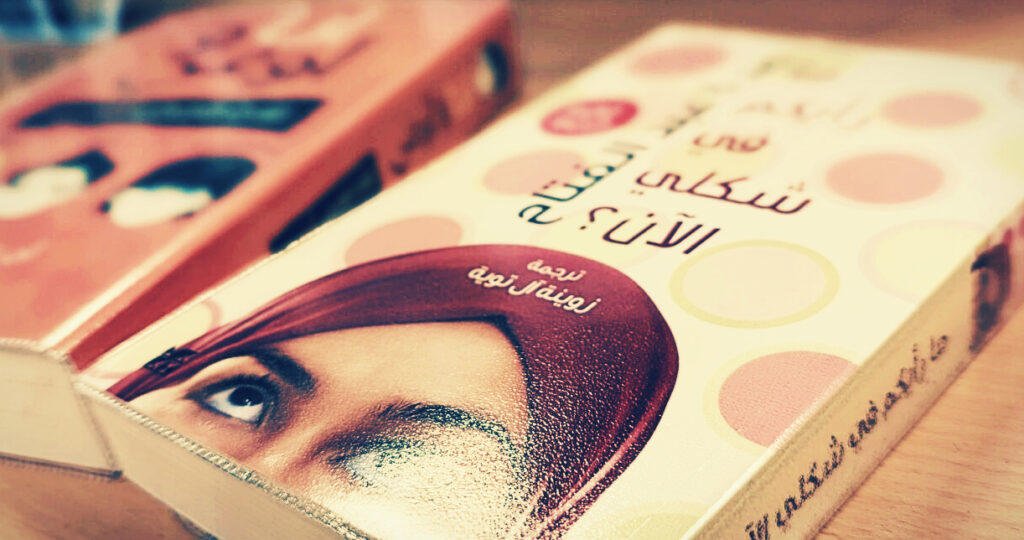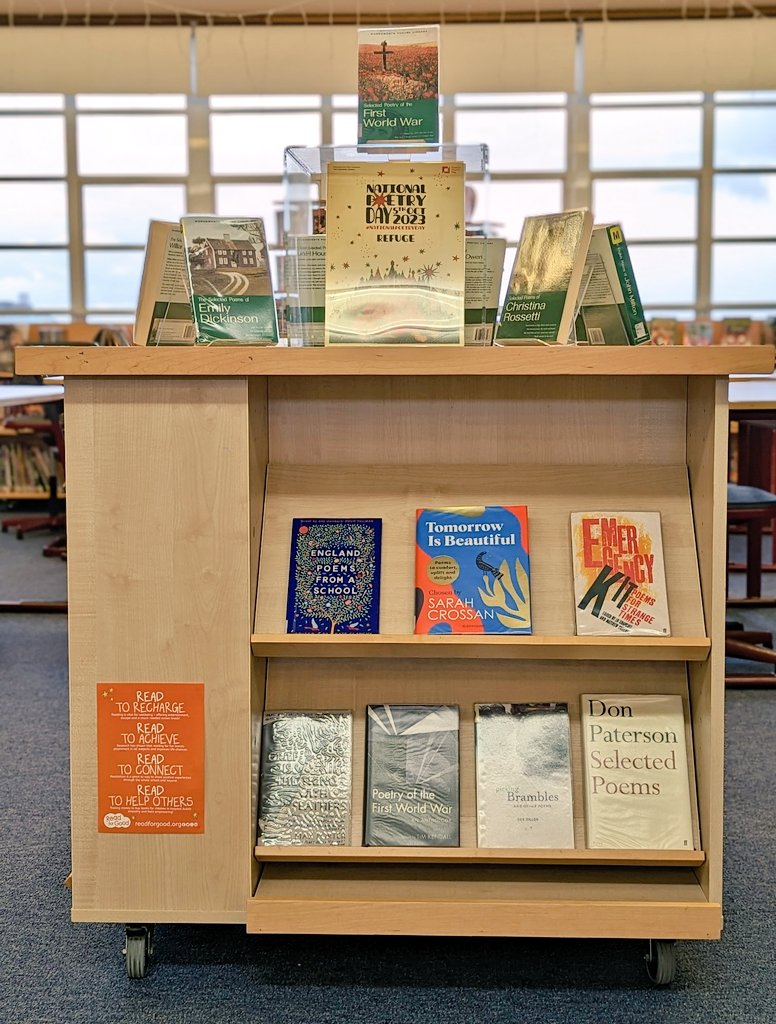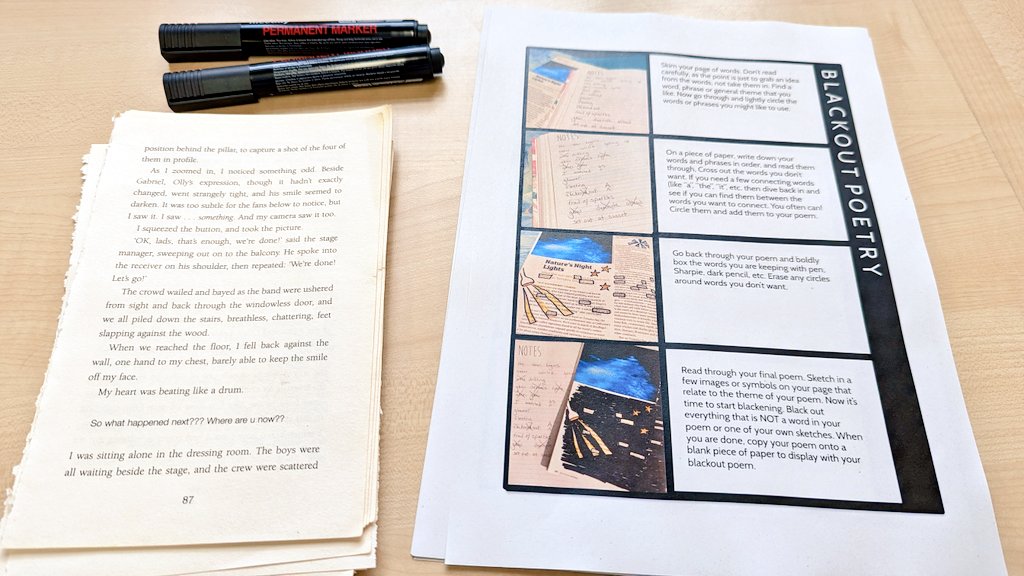As the holiday season approaches, it’s the perfect time to cosy up with a good book. And for teenagers, there are some excellent options out there that will capture their imagination and get them into the festive spirit. Here are ten of the best holiday books to get for your favourite reader:

“Dash & Lily’s Book of Dares” by Rachel Cohn and David Levithan
A heartwarming and charming story set in New York City during the holiday season. The book follows the adventures of Dash and Lily as they exchange dares in a red notebook, leading them on a journey of self-discovery and unexpected romance.
★★★★☆ 3.75/5 on Goodreads

“Let It Snow” by John Green, Maureen Johnson, and Lauren Myracle
A collection of three interconnected holiday romances, this novel captures the magic of Christmas and the unexpected twists that come with it. It’s a delightful collaboration by three popular YA authors, weaving together tales of love, friendship, and the joy of the season.
★★★★☆ 3.69/5 on Goodreads
 “My True Love Gave to Me: Twelve Holiday Stories” edited by Stephanie Perkins
“My True Love Gave to Me: Twelve Holiday Stories” edited by Stephanie Perkins
A compilation of short stories by various YA authors, each tale captures a different aspect of the holiday season, from the enchantment of first love to the magic of celebrating diverse traditions, making it a perfect festive read for every mood.
★★★★☆ 3.66/5 on Goodreads
 “Holidays on Ice” by David Sedaris
“Holidays on Ice” by David Sedaris
If your teenagers enjoy humour, David Sedaris brings a satirical and hilarious twist to the holiday season in this collection of essays. His witty observations will have readers laughing out loud, providing a humorous and sometimes absurd take on the traditions and quirks associated with Christmas.
★★★★☆ 3.89/5 on Goodreads
 “The Afterlife of Holly Chase” by Cynthia Hand
“The Afterlife of Holly Chase” by Cynthia Hand
A modern retelling of Charles Dickens’ “A Christmas Carol,” this novel follows Holly Chase, a girl visited by three ghosts on Christmas Eve. As Holly navigates her second chance at redemption, readers are treated to a poignant exploration of self-discovery and the true meaning of Christmas spirit. A unique and thought-provoking take on the classic story.
★★★★☆ 3.96/5 on Goodreads

“Snow Like Ashes” by Sara Raasch
In this fantasy adventure, Meira, a young orphan, embarks on a journey to reclaim her kingdom from an evil ruler, with the backdrop of a perpetual winter. The story beautifully combines elements of magic, political intrigue, and a quest for identity, making it an enthralling read for teenagers who enjoy epic tales set in wintry realms.
★★★★☆ 3.88/5 on Goodreads
 “What Light” by Jay Asher
“What Light” by Jay Asher
In this poignant and hopeful tale, Sierra navigates teenage romance against the backdrop of her family’s Christmas tree farm. Set between Oregon and California, the story explores themes of love, forgiveness, and the enduring spirit of the holiday season, capturing the complexities of growing up and finding hope in unexpected places.
★★★★☆ 3.56/5 on Goodreads
 “The Disreputable History of Frankie Landau-Banks” by E. Lockhart
“The Disreputable History of Frankie Landau-Banks” by E. Lockhart
While not strictly a Christmas book, this novel follows the adventures of Frankie Landau-Banks, a sharp and witty protagonist who challenges the status quo at her elite boarding school. It offers a compelling and empowering narrative for teens who appreciate intelligent and rebellious heroines.
★★★★☆ 3.81/5 on Goodreads
 “How to Excavate a Heart” by Jake Maia Arlow
“How to Excavate a Heart” by Jake Maia Arlow
Shani’s paleoichthyology internship takes a backseat when she runs into May. Literally. With her mum’s car. Amidst the chaos, a dog-walking job reunites them on Christmas Eve, sparking a connection that challenges Shani to confront her past heartbreak. And when the two are snowed in together on Christmas Eve, she must decide if this unexpected romance is a fleeting moment or a chance at a more profound commitment.
★★★★☆ 3.86/5 on Goodreads
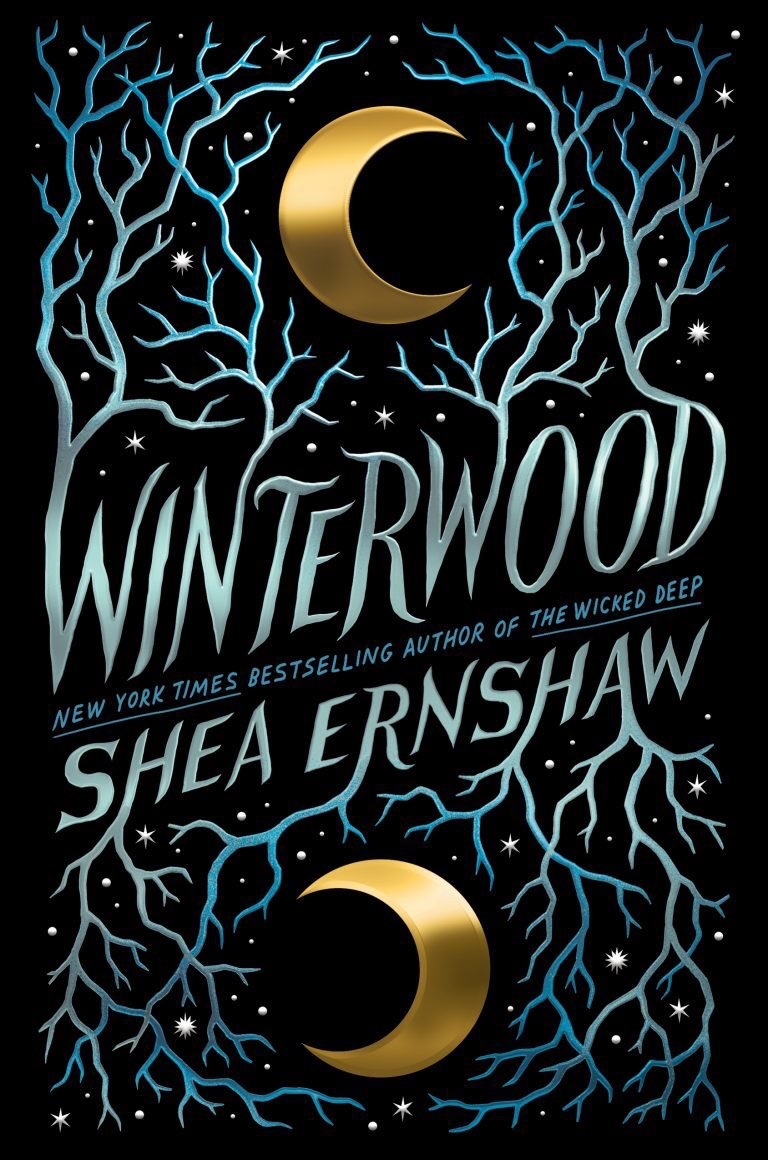 “Winterwood” by Shea Ernshaw
“Winterwood” by Shea Ernshaw
For fans of fantasy, “Winterwood” offers a magical and atmospheric winter setting. The story follows a girl named Nora who discovers a mysterious boy in the woods, and together they unravel dark secrets against a mesmerising backdrop. The snow-covered landscape sets the stage for a captivating reading experience, making it perfect for the holiday season.
★★★★☆ 3.85/5 on Goodreads

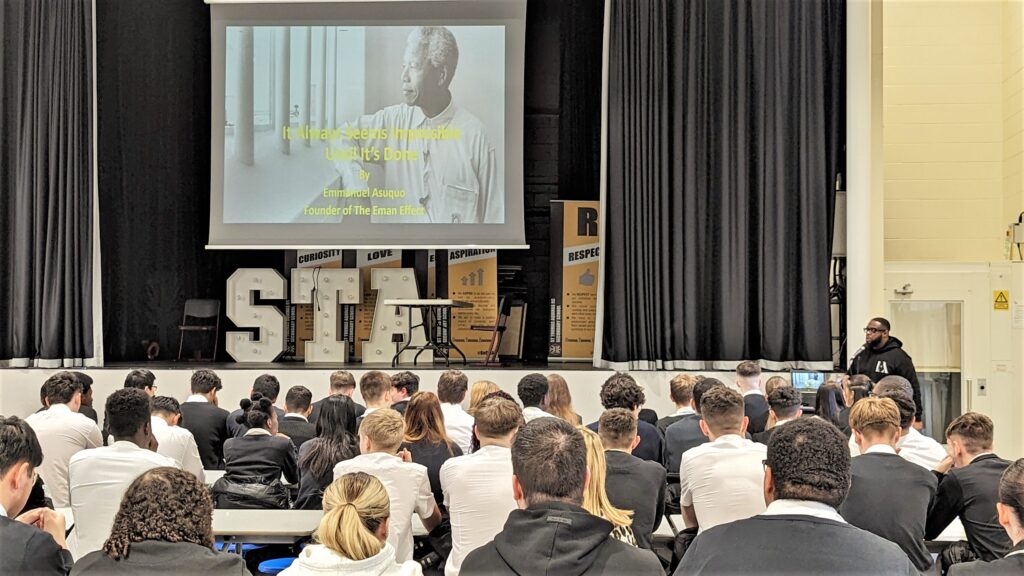



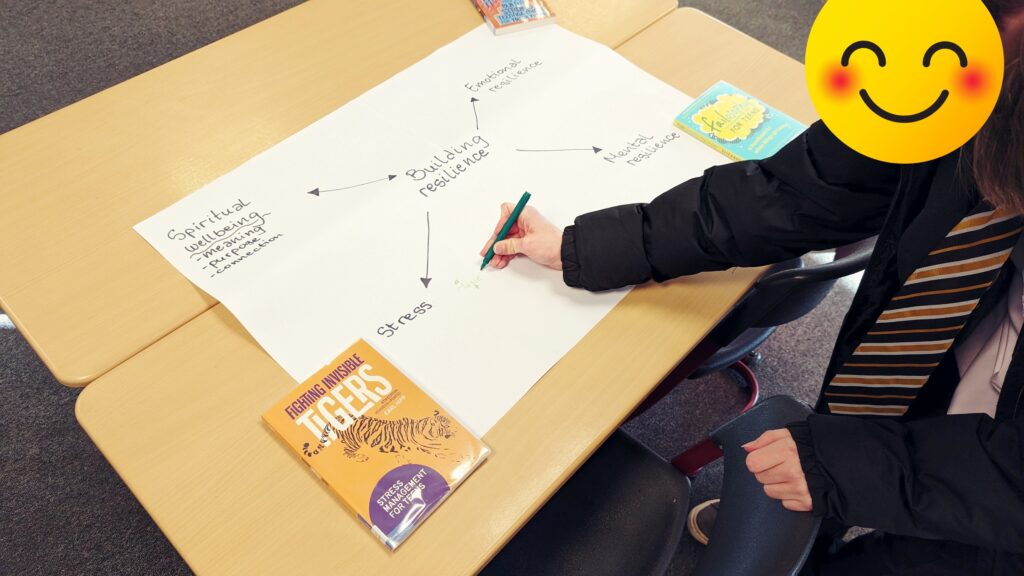
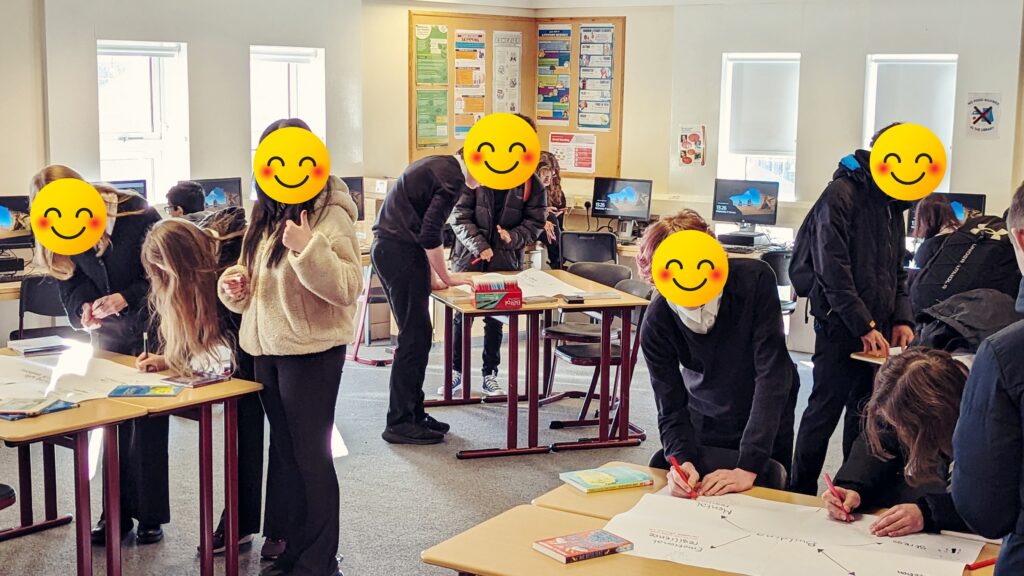
 Wired Differently by Joe Wells
Wired Differently by Joe Wells How to Say No by Michelle Elman
How to Say No by Michelle Elman

 A Better Day by Dr Alex George
A Better Day by Dr Alex George










